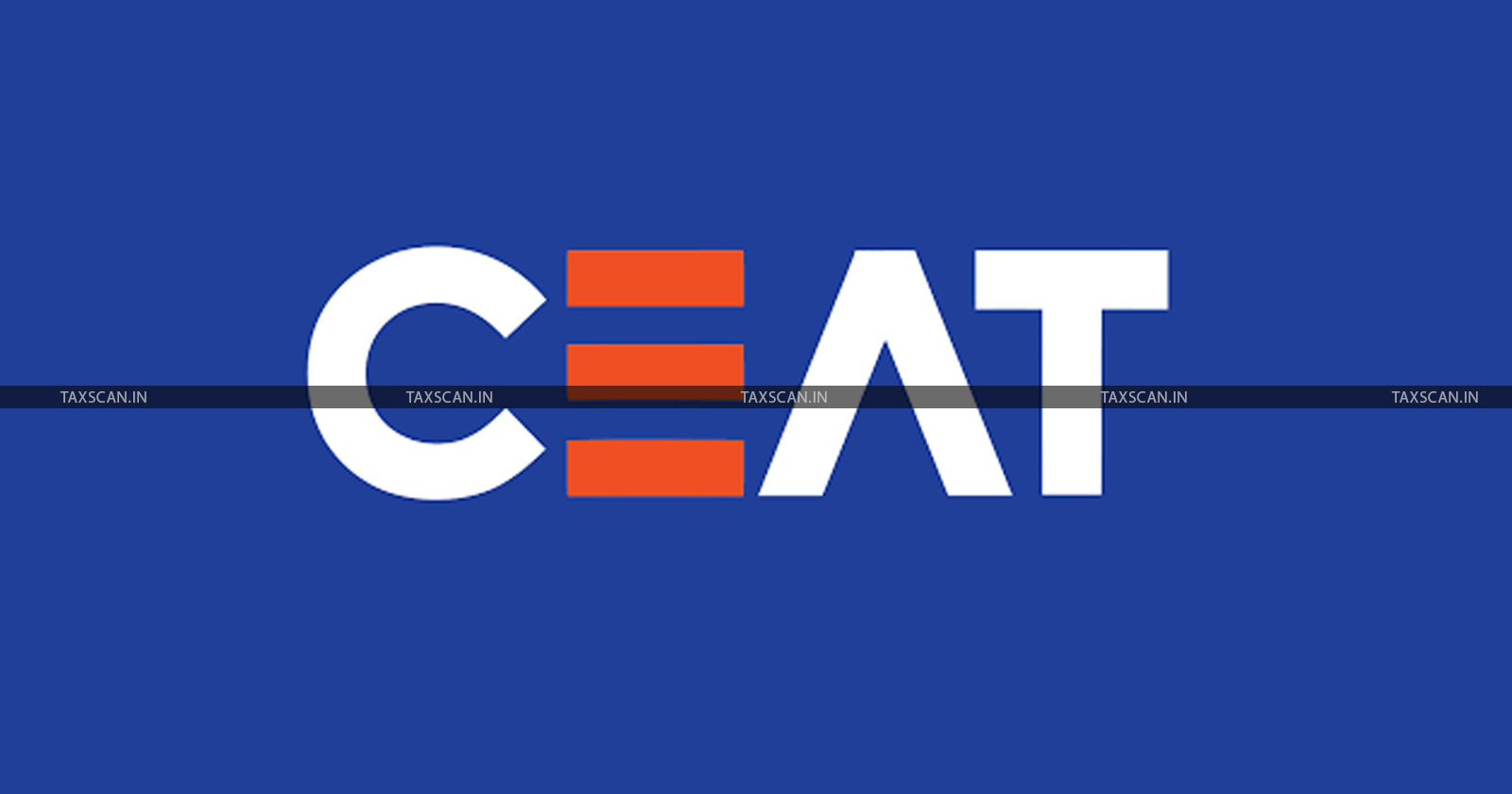Setback to Ceat Ltd: Patna HC confirms VAT Penalty for Clerical Mistake in Invoice [Read Order]
Patna HC reaffirms VAT Penalty on Ceat Limited. Read on to Know Why.

Setback – Ceat Ltd – Patna HC – VAT – Clerical Mistake – Invoice – Penalty – TAXSCAN
Setback – Ceat Ltd – Patna HC – VAT – Clerical Mistake – Invoice – Penalty – TAXSCAN
In a major setback to Ceat Limited, the Patna High Court has confirmed a penalty imposed under Bihar Value Added Tax Act for clerical mistake in invoice resulting in failure to prove genuineness of transport.
The petitioner, Ceat Limited is engaged in the manufacture and sale of tyres, tubes and flaps and is concerned with a penalty order passed under Section 60(4) (b) read with Section 56(4) (b) of the Bihar Value Added Tax Act, 2005 (hereinafter referred to as ‘the Act’) after detention of a truck carrying goods at the integrated check post, Dhobi, Gaya, allegedly amounting to clandestine removal of goods.
The petitioner has a mother Warehouse situated at Patna and other branch Warehouses in the nearby State, one of which is situated at Ranchi in the State of Jharkhand. The contention is that by invoice produced at Annexure-1, stock transfer was made to the Warehouse at Ranchi and while the same was being transported in a vehicle as per the lorry receipt produced at Annexure-1/A, the same was detained and checked at the integrated check-post.
The driver of the truck produced Annexure-1, 1/A and Annexure-2 SUVIDHA Outgoing Form which had to be uploaded before the transport originated and the same produced on probable checking. The SUVIDHA Form at Annexure-2 had a different invoice number from that shown in Annexure-1.
The value and the quantity tallied with the invoice, but the invoice number was wrongly noticed as 002179; which was actually 002172. This was just a clerical mistake, the petitioner contended.
The detaining authority, however, rejected the contention of the petitioner and imposed penalty, as per the impugned order at the maximum prescribed under Section 60(4) of the Act.
The documents produced by the petitioner does not prove the genuineness of the transport as has been contended by the learned Government Advocate. The detention was in the early hours of 02.01.2015 and the invoice generated as Annexure-3 series with the supporting documents were generated after the detention; definitely on coming to know of the detention at the check-post and the mistake in invoice number as revealed from the SUVIDHA Form having been noticed by the Check-Post Authority.
The invoices are serially numbered and there is no evidence to show the last serial number of the invoice on the day on which the transport commenced. The identity in value is evident from the invoice and the SUVIDHA Form, but, however, the quantity as noticed in the notice is handwritten and not by the authorized signatory, the bench observed.
The Bench of K Vinod Chandran, Chief Justice and Rajiv Roy, Justice observed that Section 60(4) (b) applies Section 56 with necessary modifications. A penalty under Section 56(4) (b) is applicable when the individual responsible for the goods cannot adequately explain their proper accounting to the officer. The elements of Section 60(4) (b) in conjunction with Section 56(4) (b) are present in the current scenario.
Hence, finding no reason to interfere with the penalty imposed, the writ petition was dismissed by the Patna High Court.
To Read the full text of the Order CLICK HERE
Support our journalism by subscribing to Taxscan premium. Follow us on Telegram for quick updates


